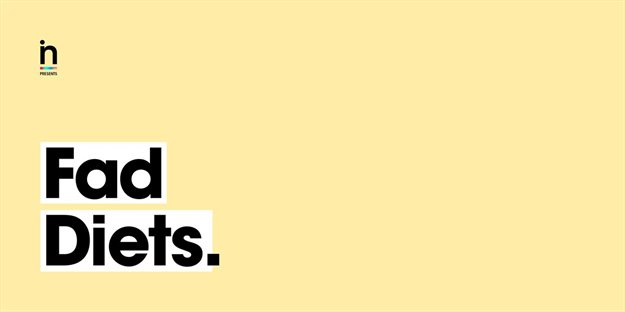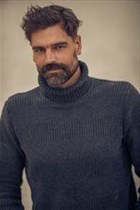
Top stories






More news















The fad diets that many [people] are on are perfect if you want to be hungry all the time and miserable. - Nathan PritikinFad diets are nothing new. The ancients took a very literal view of certain aspects of diet, such as Romans circa 550 BCE eating the hearts and livers of lion and deer to impart the benefits of speed, bravery and strength. Not all suggestions were as benign as that with a learned member of the medical community in the 180’s suggestion arsenic for a paler complexion. The ways in which this is wrong are so meta we don’t need that explained, but suffice it to say: Do not drink arsenic.
That said, if we go back to 1880 BCE, we’ll find that the those in the medical field had spotted that – if diabetics ate okra or wheatgerm – it could improve their health and counter the effects of diabetes. Something which doctors almost 2000 years later have found to be true.
More recently there has been a spate of fad diets that have appeared and disappeared as their science either is disproven, or the next one that comes along seems easier or more attractively marketed. The fad element of modern diets is shown clearly in these google trends, as each diet is launched and supported by celebrity endorsements, and media outlets hungry for content they rise and gain popularity. Some of them last a fair amount of time, but they all inevitably drop off.
While many of these celebrities and diet influencers have questionable knowledge and intentions, it’s best to follow advice from a professional, such as Claire Pye: “It’s important that you remain open-minded and educate yourself through viable sources, not social media. Make sure when you cut something out that you supplement what you have cut out. For example, a lot of people are jumping onto plant-based diets with no plan, just diving right in. Without appropriate sources of protein, living on a salad is not sufficient. What is your plan? You need a plan.”
While we can’t be certain of a lot with diet, what we have seen is that there are a few diets that have stood the test of time: vegetarian, omnivorous, pescatarian diets, but it’s veganism that we think is going to start taking over the role of the primary human diet over the next decades.
Conclusion: The future is a conscious, ‘do no harm’ place and we will, as much as is possible, supercharge our bodies and minds to live longer and better. Plant materials are proving more and more effective at sustaining and boosting the human body. Veganism is linked to many social justice issues and, while no diet is without concern, they seem the most likely to come out of the next decades unscathed.
Diet is the next step in biohacking, and as technology improves, the scope for experimentation and learning is immense. The power of diet and diet supplements are not to be trifled with; it’s essential that health professionals are consulted before changing your diet or before listening to the latest celebrity advice. At the time of writing, the fad of One Meal A Day has started trending. It will be interesting to measure the longevity of that against this article; we can check back in a few months.
Note: Mental health is a hugely important aspect to diet, if you have any concerns, please consider contacting a mental health professional. Under no circumstances should you attempt any of the diets in this article, always consult a nutritionist or a doctor before changing your diet.
